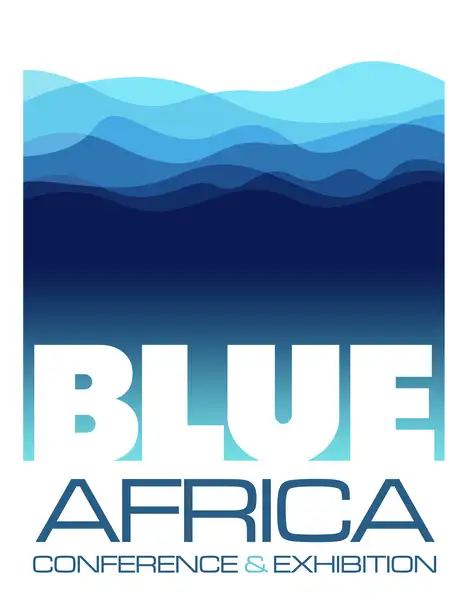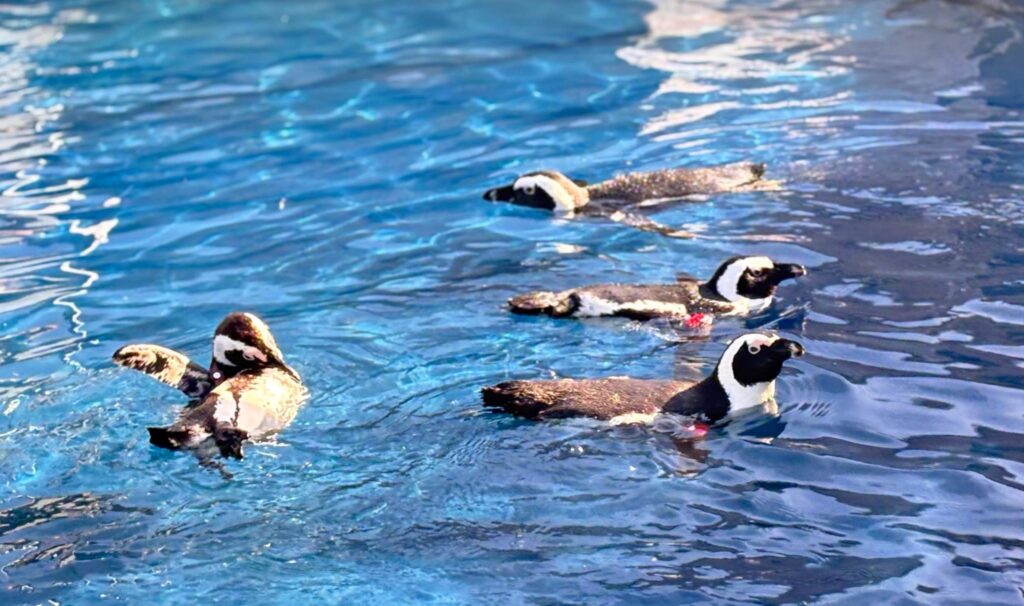The agreement could mark a significant step toward curbing harmful subsidies and protecting global marine ecosystems.
by Blue Africa News
The World Trade Organization’s Agreement on Fisheries Subsidies (AFS) entered into force on September 15, 2025, after two-thirds of WTO members submitted their instruments of acceptance.
Adopted at the WTO’s 12th Ministerial Conference in June 2022, AFS needed two‑thirds of WTO members to deposit their instruments of acceptance before coming into force, with the threshold being reached when sufficient members – 111 out of 166 gave it a nod.
It marks a significant step toward curbing harmful subsidies and protecting global marine ecosystems, with the African continent expected to hugely benefit from its ratification.
“For too long, harmful fishing subsidies have distorted global markets and depleted the very resources that African communities rely on for food security and economic opportunity. The AFS finally gives us the tools to level the playing field,” said Nardos Bekele-Thomas, Chief Executive Officer for the Africa Union Development Agency- New Partnerships for Africa’s Development (AUDA- NEPAD).
Thomas hailed the ratification of the agreement, emphasizing that Africa’s small-scale fishers are the backbone of coastal food security, explaining that “they deserve protection from unfair competition that threatens both their livelihoods and the marine ecosystems they depend on.”
Experts say the agreement is critical to sustainable fisheries management and development, given that it has binding rules that limit the government fisheries subsidies that may cause harm to the environment.
“The limitation, or the prohibitions as they are referred (to) by the agreement, include subsidies that may support illegal, unreported and unregulated fishing, subsidies that support overfished stocks or species of fish and subsidies that support unregulated fishing in high seas – normally outside the exclusive economic zones,” said Dr. Ali Said Matano, a Blue Economy expert and scholar in international environmental law and policy, when Blue Africa News reached out to him for his comment.
Matano said enforcing this nascent agreement may not be easy, but quickly pointed out that potential benefits for the protection of Africa’s marine resources will be massive.
These benefits, he added, include protection from exploitation of Africa’s marine resources by foreign long-distance fishing fleets, which have thrive due to government subsidies such as fuel.
Dr. Matano said the agreement will protect small scale fishers who support close to 12 million people in Africa, by stopping harmful subsidies, eventually leveling the playing ground between the big commercial fleets and artisanal fishers.
“With the agreement in place, data transparency and reporting will be enhanced through increased regional cooperation. There are several regional bodies that will provide monitoring support, including EAC, SADC, IGAD, and ECOWAS among others. In my opinion, the coming to force of the agreement will be a game changer in the fisheries and aquaculture sector,” added the Kenyan expert.
And just like a coin has two sides, Matano said, its full implementation will not be without both positive and negative implications, especially to the developing and least developed countries that depend heavily on fisheries for food security and livelihoods.
“The implication to the two categories of countries will be both positive and negative and could include but not limited to: by restricted subsidies for IUU fishing and over exploited stock, effectively the agreement will reduce competition from the subsidized industrial trawlers which is a positive thing,” he noted.
Giving an example of most African countries where fish contribute to around 30% of animal proteins, Matano said the agreement is a welcome safeguard, with its provisions directly supporting small-scale and artisanal fishers.
On the flipside, he said: “Coming into force of this agreement means more obligation and compliance costs that developing and least developed countries will have to shoulder at the expense of other pressing needs.”
Positively, though, the agreement comes with a safety net in the form of a dedicated fund mechanism dubbed Fish Fund that is aimed at assisting developing countries and least developed countries to build their capacity.
Twenty-three WTO African members out of 45 on the continent are among the 111 to have accepted the agreement.
Oliver Ochieng, Blue Africa News

